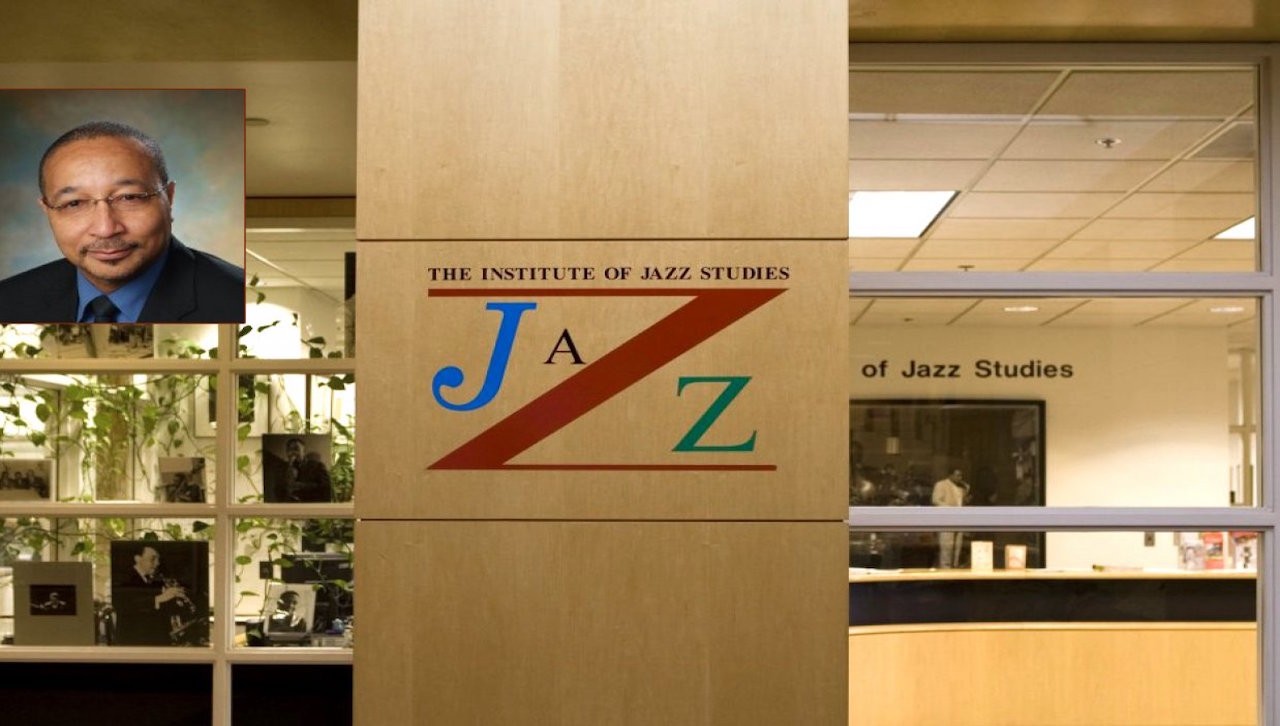Speaker Discusses Hope for Jazz and Democracy

“Like jazz, democracy requires practice, diligence, commitment, effort and a willingness to learn from past mistakes. Like jazz, it asks that we consider others as much as we might consider ourselves. That we treat the shared goal as seriously as we treat our personal ones,” said Wayne Winborne, executive director of the Institute for Jazz Studies at Rutgers University, Newark, at The University of Scranton’s Schemel Forum World Affairs Luncheon series.
Winborne, who directs the largest jazz archive in the world, spoke on “Jazz & Democracy in 2017: Does It Mean a Thing if It Ain’t Got that Swing?” to more than 100 guests at the semester’s first Schemel Forum, held recently on campus.
“Winborne has held significant positions in a range of organizations including the National Conference
Winborne spoke candidly to community members,
“It is a profoundly important moment and movement of cultural practice and adaptation, reflective of a people’s need to retain core components of their collective identity. It is an expression of
He also addressed the socioeconomic reflection of jazz on our democracy today as well as the little relevance jazz has in society, especially among the African American community.
“Democracy by its nature is messy and difficult, constantly shifting in its shape and field. It needs care,
Winborne attended graduate school at New York University in 1982, and taught jazz history and appreciation as a student at Stanford University. Winborne continued on to become the vice president for business diversity outreach at Prudential Financial in Newark. He also ran the Winborne Group, a consulting company with offices in both New York City and Los Angeles. In his current position as executive director of the Institute for Jazz Studies, Winborne manages the most extensive jazz archive and library, which is home to more than 150,000 recordings and 6,000 books, founded in 1952.
The luncheon concluded with a question and answer session with the attendees.
The luncheon series is sponsored by Munley Law.







